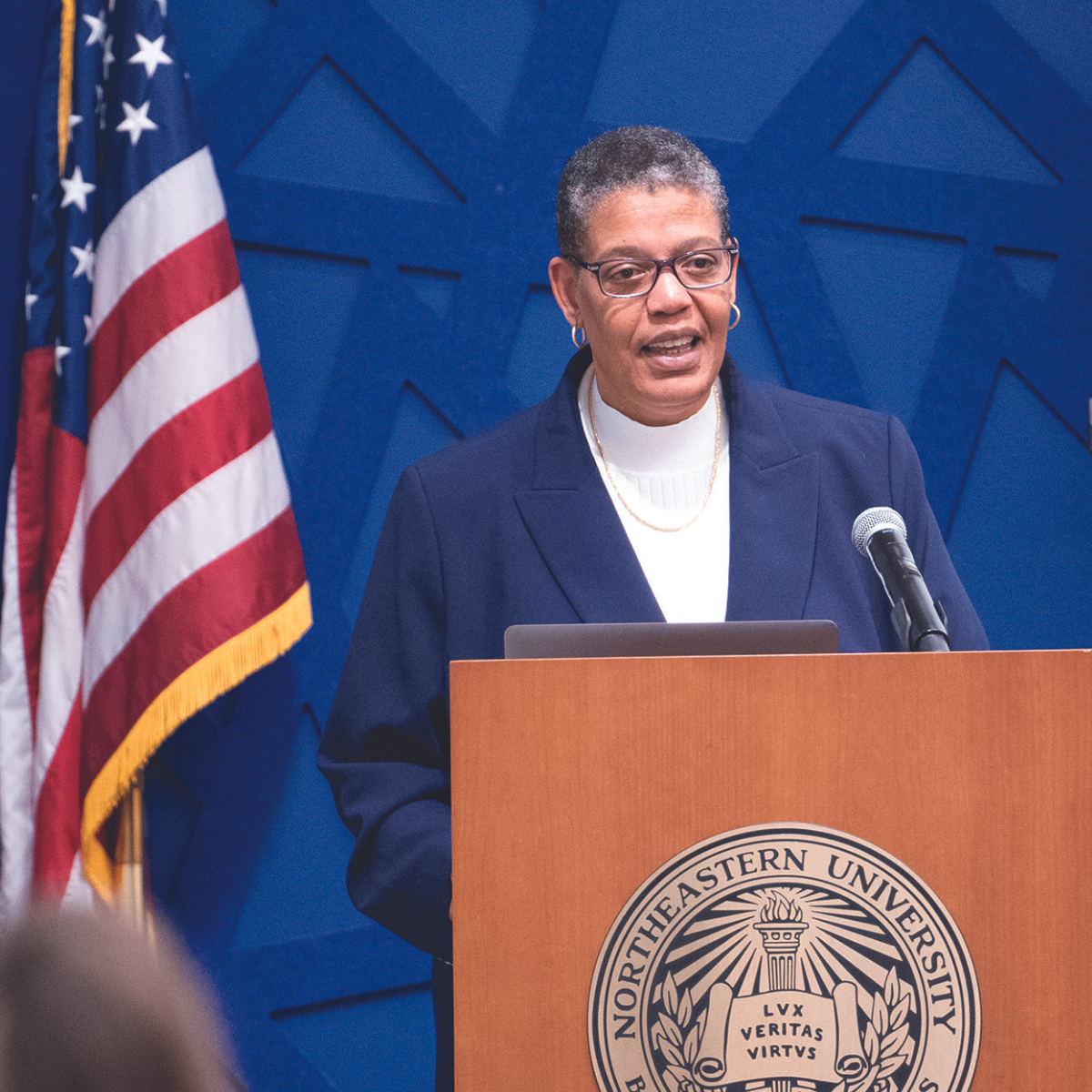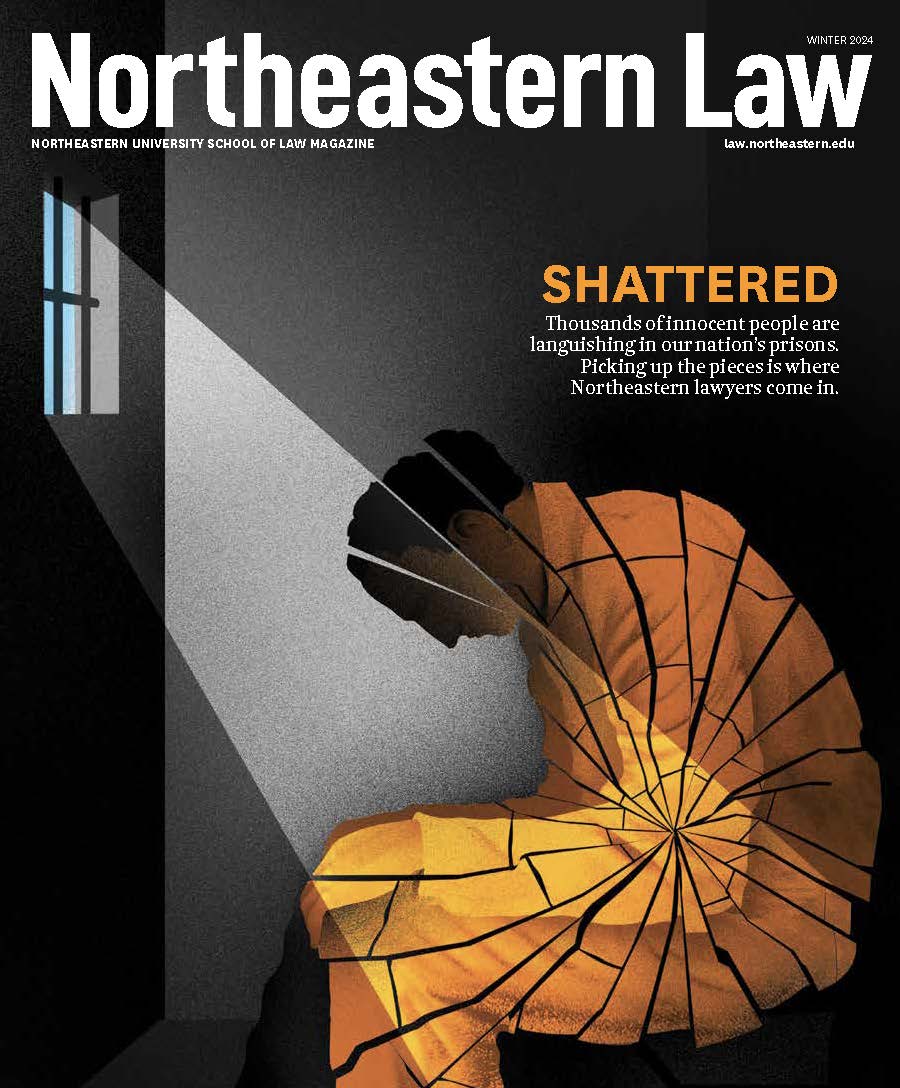Action Lab Files Lawsuit to Protect Prisoners with Opioid Use Disorder
![]() In a novel lawsuit, Northeastern Law’s Action Lab at the Center for Health Policy and Law has filed a federal complaint in West Virginia challenging the discriminatory and harmful practices of a national prison medical contractor, Wexford Health Sources Inc. The lawsuit requests that a judge enjoin Wexford and the West Virginia Division of Corrections and Rehabilitation from forcibly and abruptly terminating the plaintiff’s lifesaving medication for opioid use disorder (MOUD) upon his incarceration. MOUD is proven to reduce overdose deaths and lower criminal recidivism rates. Forcibly withdrawing a person from MOUD causes severe physical and mental suffering, including suicidal ideation, and elevates the risk of relapse and fatal overdose.
In a novel lawsuit, Northeastern Law’s Action Lab at the Center for Health Policy and Law has filed a federal complaint in West Virginia challenging the discriminatory and harmful practices of a national prison medical contractor, Wexford Health Sources Inc. The lawsuit requests that a judge enjoin Wexford and the West Virginia Division of Corrections and Rehabilitation from forcibly and abruptly terminating the plaintiff’s lifesaving medication for opioid use disorder (MOUD) upon his incarceration. MOUD is proven to reduce overdose deaths and lower criminal recidivism rates. Forcibly withdrawing a person from MOUD causes severe physical and mental suffering, including suicidal ideation, and elevates the risk of relapse and fatal overdose.
“Access to MOUD is critical to curb the opioid overdose crisis,” said Amelia Caramadre ’21, senior legal fellow with The Action Lab. Caramadre and David Howard Sinkman, also of the The Action Lab, were joined by co-counsel Sarah Grady from Kaplan & Grady and Lydia Milnes ’07 and Lesley Nash from Mountain State Justice in West Virginia in filing the lawsuit.
Several lawsuits have been brought against jail policies that deny MOUD to incarcerated people. The Action Lab’s lawsuit is the first to use the Americans with Disabilities Act to challenge a private medical contractor’s practice of forcibly withdrawing people from this standard-of-care addiction treatment. The lawsuit also seeks damages for the pain and suffering the plaintiff endured when he was refused his medication during a previous incarceration, which led to a relapse.
Share
Adjourn
Senator Maggie Hassan ’85 on sustaining democracy.
Professor Brook Baker ’76 retired this spring from the School of Law’s faculty. From student to graduate to faculty member, he has exemplified both Northeastern Law’s leadership in experiential education and our social justice mission. Professor Emerita Emily Spieler reflects on his impact and legacy.







